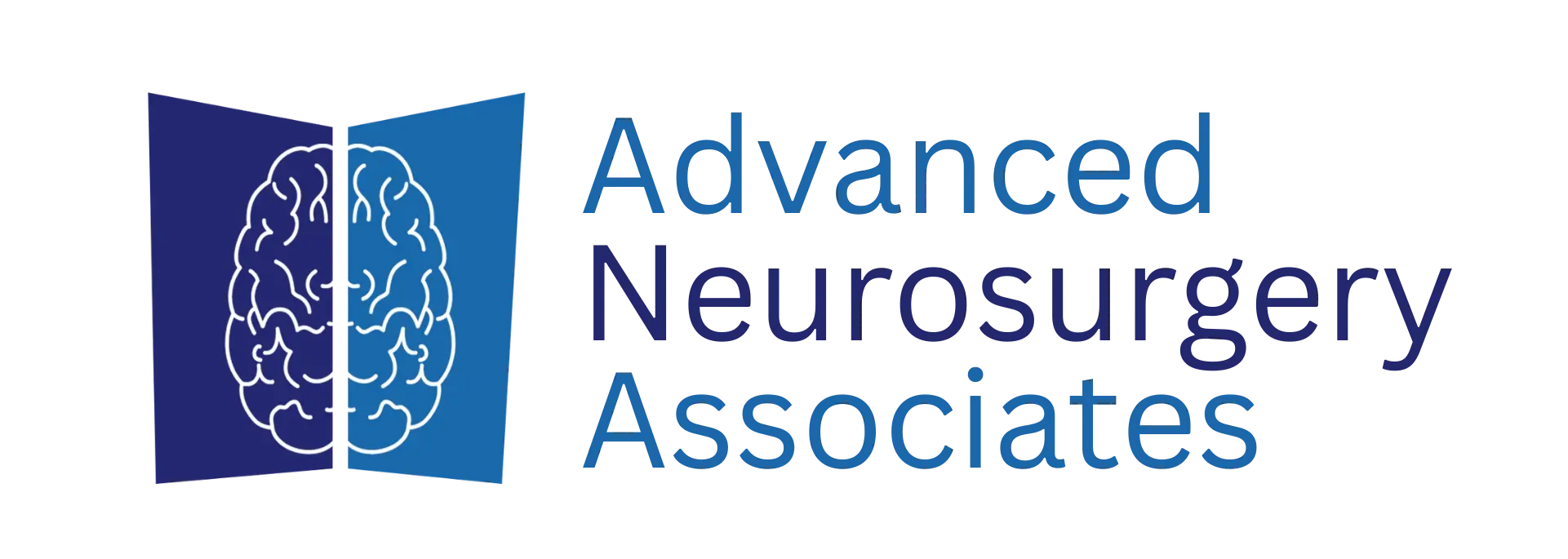When most people think about health, they focus on diet, exercise, or their heart. Those areas are important, but what often gets overlooked is how lifestyle choices affect the brain and spine. These two systems work together to control almost everything we do. The brain is our command center, managing thoughts, memories, emotions, and body movements. The spine protects the spinal cord, which carries messages between the brain and the rest of the body.
At Advanced Neurosurgery Associates, we remind patients that taking care of the brain and spine is not only about treating health problems when they appear. It is also about prevention. The way you eat, move, sleep, and manage stress can reduce the risk of memory loss, chronic back pain, stroke, or other neurological problems later in life.
This article will explain how everyday lifestyle choices have a direct impact on brain and spine health and how small changes can make a big difference.
Why Brain and Spine Health Matters
We often hear advice about keeping the heart healthy, but your brain and spine are just as critical. The brain allows you to think, feel, remember, and communicate. The spine protects the nerves that connect your brain to your arms, legs, and every organ.
In case one of the systems is not performing properly, this may have an impact on your day-to-day life. Common symptoms include headaches, backaches, memory loss, walking difficulties, or mood swings. In the long term, such problems may impair autonomy and lower the quality of life in general. The good thing is that by adopting healthy lifestyles, most of these issues can be minimized or avoided.
Nutrition: Fuel for the Brain and Spine
The food you eat does more than provide energy. It feeds your brain and strengthens your spine.
For the brain, foods rich in antioxidants and omega 3 fatty acids support memory, focus, and long-term brain function. Blueberries, leafy greens, salmon, nuts, and olive oil are excellent choices. Diets high in fruits, vegetables, lean proteins, and whole grains are linked to a lower risk of Alzheimer’s disease and age-related memory loss.
For the spine, calcium, vitamin D, and magnesium are essential for strong bones. Without enough of these nutrients, the risk of osteoporosis increases, which can lead to fractures and spinal weakness. Carrying extra body weight also places added pressure on the spine, leading to back pain or disc problems.
Simple changes like adding colorful vegetables to your meals, replacing soda with water, and choosing whole grains instead of processed foods can go a long way toward protecting brain and spine health.
Exercise: Building Strength and Flexibility
Exercise benefits both the mind and body. It enhances blood circulation to the brain, enhancing memory, concentration, and mood. It also reduces the chances of age-associated mental deterioration. Exercise helps release chemicals within the brain that promote the growth of new cells and help prevent disease.
In the case of the spine, the strong muscles provide stability and guard against injury. Planks and yoga are some of the core exercises that are effective in lower back support. Movements also keep the spinal joints flexible and eliminate stiffness due to the long sitting hours.
Aim for at least 30 minutes of moderate activity on most days. Excellent exercises that are not tough on the spine include walking, swimming, and cycling. Effective results are brought in the long run by even minor practices, such as walking up the stairs or stretching at your workplace.
The Heart and Brain Connection
Your brain requires constant blood and oxygen. In case of impaired heart health, the brain is affected. Such diseases as high blood pressure, diabetes, and high cholesterol may harm blood vessels and slow down the supply of blood to the brain. This makes stroke, dementia, and Alzheimer’s disease more likely.
By taking care of your heart, you directly protect your brain. This involves managing blood pressure, blood sugar, and healthy cholesterol; quitting or limiting alcohol use; and exercising. A brain-friendly lifestyle is a heart-friendly lifestyle.
Stress and Mental Well-Being
Stress is not just something that makes you tense. It has an impact on the health of the brain and spine.
Chronic stress in the brain increases the amount of cortisol, which disrupts memory and learning. The risk of a mental issue like depression and anxiety, which also impacts brain functionality, is also increased by long-term stress.
In the case of the spine, the strains would be quite noticeable as a form of muscle tension in the neck, shoulders, and back. This may result in pain, tension, and permanent spinal strain.
One of the most valuable measures you can perform in regard to your health is stress management. This can be done through relaxation methods like meditation, deep breathing, and yoga or even taking short walks daily. Conversation with a counselor or association with friendly friends and family also guards mental and bodily health.
The Role of Sleep
Sleep is not wasted time. It is the period when the brain repairs and restores itself. During sleep, the brain clears out toxins that build up during the day. Without enough rest, memory problems, mood changes, and trouble concentrating are more likely. Over time, poor sleep increases the risk of Alzheimer’s and other neurological conditions.
The spine also benefits from rest. Lying down relieves pressure on the spinal discs, allowing them to recover after a day of movement and sitting.
Most adults need seven to nine hours of quality sleep each night. Sticking to a regular bedtime routine, avoiding screens before bed, and using a supportive mattress and pillow can improve sleep quality.
Staying Social and Mentally Active
The brain is maintained sharp by social interaction. Research indicates that individuals that are socially active have enhanced memory and reduced the prevalence of dementia. Communication, laughter, and problem-solving with other people activate the brain and do not allow isolation.
The spine benefits too. Social activities are known to be active, such as taking a walk with a friend, dancing, or attending a group exercise lesson.
Even basic things, such as calling a friend, becoming a member of a club, or spending time with family, can enhance mental and physical wellness.
Posture and Everyday Habits
Contemporary work and leisure activities involve using computers and phones, which contribute to looking downwards for extended periods. These behaviors result in postural issues that put a strain on the neck and back. Bad posture can result in chronic pain, disc issues, and other long-term problems in the spine.
Good posture supports the functioning of the brain as well. Being seated in an upright position enhances the supply of oxygen to the body, which helps in feeling more invigorated and focused.
To safeguard the spine, maintaining proper ergonomics, such as the screens being at eye level, both feet flat on the floor while seated, and standing to stretch every hour, keeps the spine healthy. Over time, these measures go a long way in eliminating strain and discomfort.
Avoiding Harmful Substances
Certain substances directly damage brain and spine health.
Smoking causes a decrease of blood flow to the spine, makes bones weaker, and predisposes to degenerative disc disease and a backache. In the case of the brain, smoking decreases the amount of oxygen and puts the person at risk of stroke and dementia.
The high amount of alcohol is harmful to brain cells and disrupts memory. Long-term neurological damage is also possible due to drug use.
If you smoke, seek support to quit. Limiting alcohol and avoiding recreational drugs are essential steps for protecting brain and spine health.
Putting It All Together
The most ideal thing about lifestyle choices is that they rest in your hands. You do not have to change radically in one day. Such little things as drinking more water, walking at night, or stretching in the morning accumulate over time and form a long-term effect.
At Advanced Neurosurgery Associates, we encourage people to see lifestyle as the first line of defense for brain and spine health. While genetics, accidents, or illness can still affect the nervous system, healthy habits make it easier to recover and reduce risks.
Conclusion
Health and independence rely on your brain and your spine. Your eating habits, movement, sleep, and stress management can either build or break these important systems. Your future happiness in life depends on making intelligent lifestyle decisions today, as you safeguard your power to think, move easily, and enjoy life.
Do not overlook the presence of persistent back pain, memory problems, or any changes in your neurology. Early seeking of care can help a lot. Experts at Advanced Neurosurgery Associates are on hand to help you with the proper combination of health care and life guidance. Your brain and spine can be supported throughout the years with the help of constant healthy habits and professional care.





